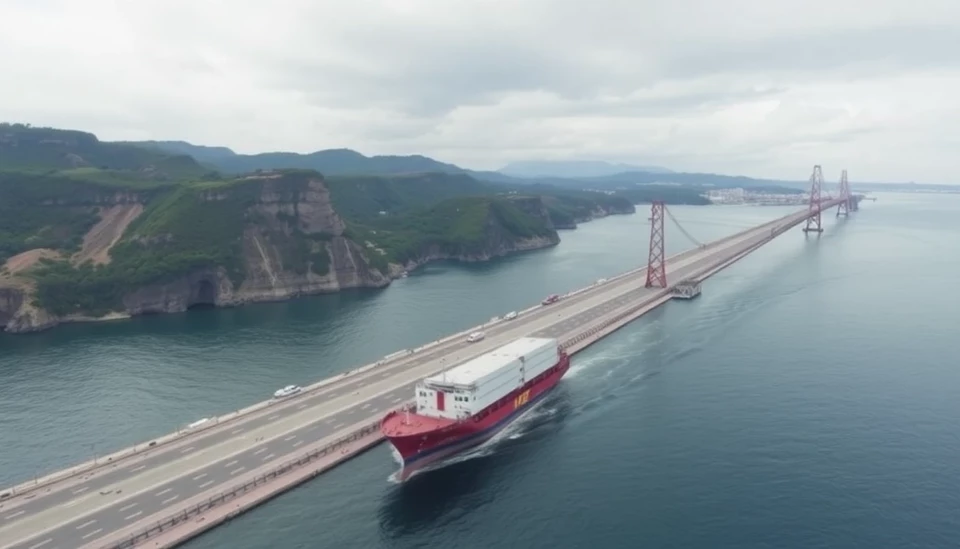
In a significant development for U.S.-Mexico trade relations, authorities announced a temporary suspension of tariffs on various goods that cross the busiest trade route between the two nations. This decision arrives amid ongoing tensions regarding trade policies and economic considerations that have characterized much of the historical interplay between the U.S. and its southern neighbor.
The trade crossing in question, located at the border point of Laredo, Texas, is instrumental in facilitating a vast amount of cross-border commerce, representing one of the most vital arteries for bilateral trade. The tariffs, originally proposed to go into effect imminently, would have imposed additional costs on a myriad of products, potentially threatening the delicate balance of trade and commercial operations for businesses reliant on this major transport route.
The abrupt pause in tariff implementation is interpreted by many experts as a strategic maneuver. With the ongoing saga of high inflation rates and supply chain disruptions affecting both nations, the U.S. federal authorities seem to prioritize economic stability over stricter trade barriers. This reprieve is expected to provide a much-needed breathing room for companies engaged in transnational trade, allowing them to better navigate the challenges posed by fluctuating tariffs and market conditions.
Industry leaders have welcomed the decision, expressing relief that their operations and profitability are not adversely impacted at this critical juncture. Trade organizations and business coalitions pointed out that sudden tariff hikes could have led to increased prices for consumers, further exacerbating the inflationary pressures that the U.S. economy is currently facing.
However, experts are cautious; they warn that this reprieve may only be temporary. With the United States government engaging in ongoing negotiations over trade agreements and practices, further changes to tariff policy could be forthcoming. Such political maneuvers underscore the underlying fragility of international trade relations, particularly given the complexities of geopolitical dynamics.
The temporary halt on tariffs highlights the necessity for comprehensive dialogue between U.S. and Mexican officials, with both parties recognizing that cooperative approaches are vital for the health of their respective economies. Moving forward, stakeholders will continue to watch market reactions and political dialogues closely as they shape the future of trade between these neighboring countries.
In conclusion, while the immediate relief from tariffs at the Laredo trade crossing serves as a positive sign for businesses engaged in cross-border trade, the future remains uncertain. The economic landscape can shift rapidly, and participants in the trade sector must remain vigilant and adaptable as they navigate these turbulent waters.
<#> #TariffRelief #USMexicoTrade #LaredoBorderCrossing #CrossBorderCommerce #EconomicStability #TradeRelations
Author: Rachel Greene




